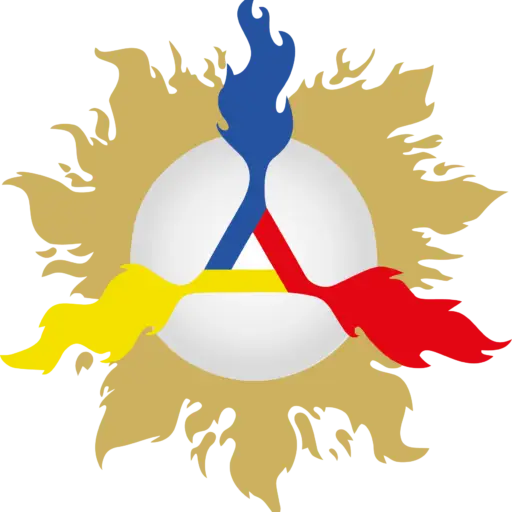Meditation is the practice of consciously focusing on the present moment, directing attention to both the external and internal worlds. It invites us to be fully present, observing our thoughts, emotions, and surroundings without becoming lost in them.
In the hustle of daily life, it is easy to get caught up in external events or internal distractions. We often become so identified with fleeting thoughts or emotions that we lose control over our reactions. This mental and emotional entanglement can lead to conflicts, arguments, and even more harmful consequences like violence.
The Power of Awareness
When we cultivate awareness, we begin to recognize harmful emotions like anger, greed, or hatred within ourselves. These negative traits, if left unchecked, can become dominant forces, influencing our behavior. There’s a well-known saying: “Tell me who you walk with, and I’ll tell you who you are.” This adage applies to the internal world as well—keeping company with destructive emotions can shape our actions to reflect them.
By becoming conscious in the present moment, we can observe these negative tendencies as they arise. Through the power of awareness, we can perceive them without reacting impulsively. Awareness allows us to step back and comprehend the potential consequences of our actions. In that instant, we gain the choice to disengage from these negative emotions, weakening their hold over us.
Meditation as a Tool for Transformation
Meditation aids in this process by gradually disempowering harmful traits. However, meditation can serve another purpose beyond simply addressing immediate reactions.
In our daily lives, we are not always in a state of constant self-awareness. The hypnotic nature of certain thoughts or external events can draw us in, making us lose ourselves in the moment. When we become overly identified with external situations, we may blame or criticize others. This tendency to assign blame is a sign that we are not fully aware of our internal processes.
Problems are an inevitable part of life—they exist independently of our participation. A wise person recognizes this and refrains from identifying with life’s challenges. Instead, they cultivate what Samael Aun Weor referred to as the “taste of work”—the inner work of self-awareness and self-mastery. On the other hand, becoming consumed by life’s events leads to the “taste of life,” a state of constant reactivity.
Reversing Identification Through Meditation
Meditation helps us cultivate mindfulness and attentiveness in the present moment. If, during the day, we lose awareness and become identified with our thoughts or external circumstances, meditation can help reverse this identification. Unchecked, these reactions can grow into deeper psychological disturbances such as anger, hatred, or resentment.
Through meditation, we can recall external situations and reflect on our internal reactions. This process of self-reflection helps us uncover the root causes of our identification—the negative companions within us that triggered our reactions. By recognizing these elements, we take the first step toward eliminating them.
Conclusion: Meditation and Spiritual Growth
Being aware of harmful emotions is crucial for inner transformation. By avoiding identification with them, we prevent the loss of conscious energy. This energy, when preserved, can be redirected toward our inner spiritual development. Meditation is a powerful tool in this journey, helping us stay grounded in the present moment, cultivate awareness, and ultimately foster inner peace.



